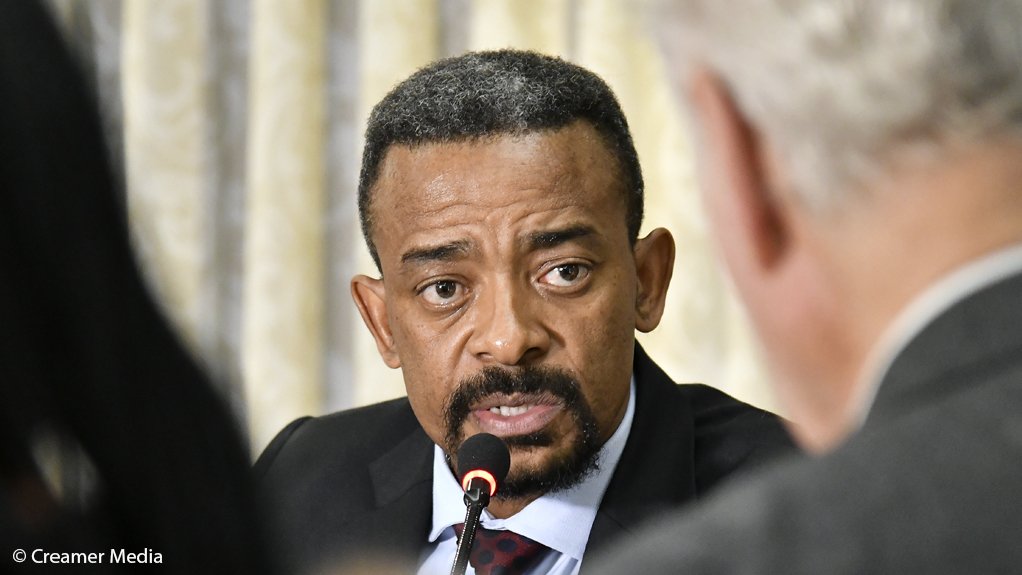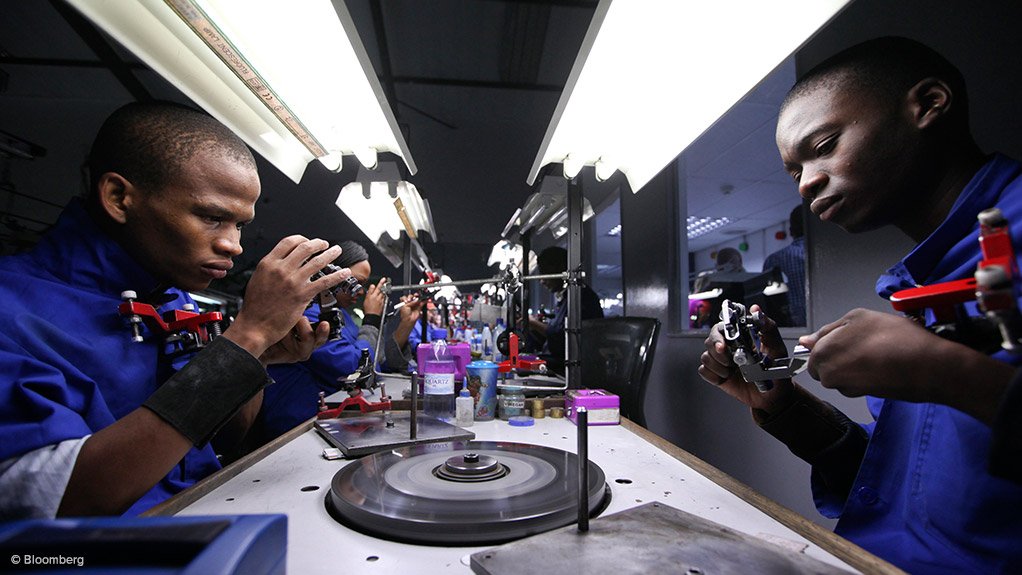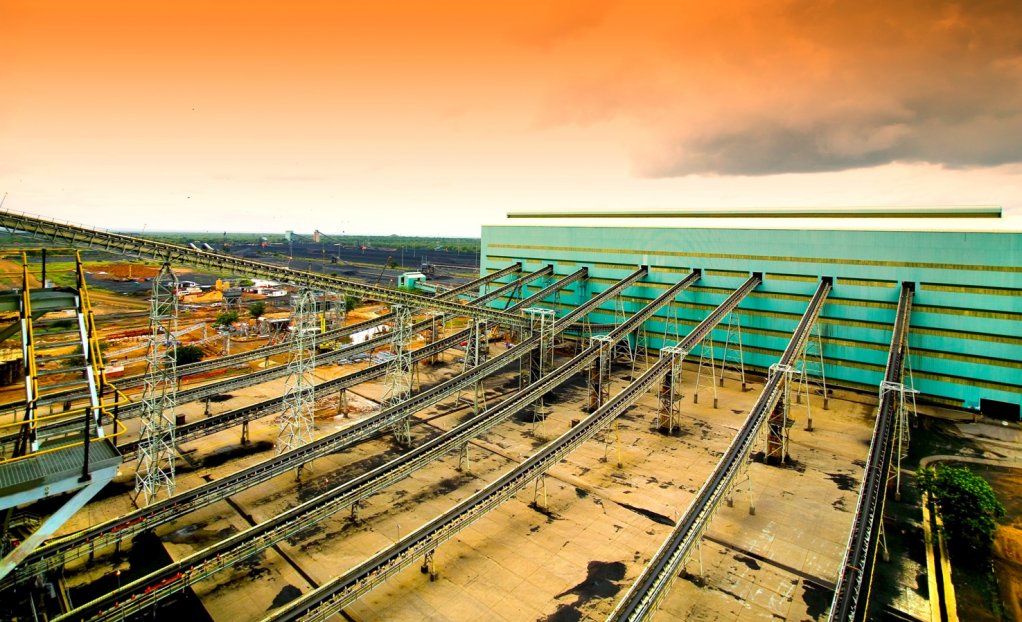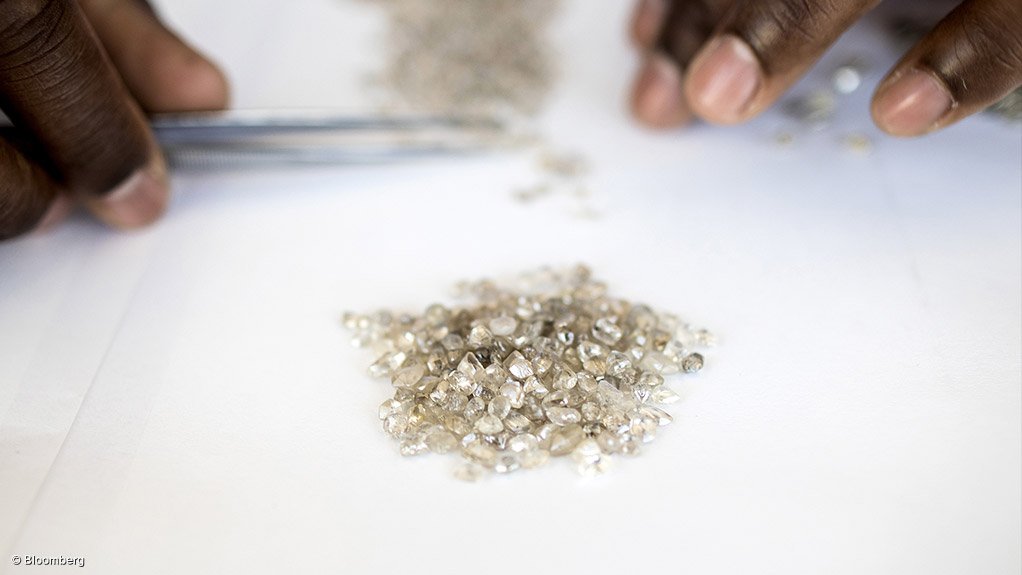JOHANNESBURG (miningweekly.com) – Minerals Council South Africa, whose members account for 90% of this country's yearly mineral production by value, supports beneficiation where the economics make sense.
“Therefore, we welcome the call for a more conducive policy environment for beneficiation processes," Minerals Council CEO Mzila Mthenjane stated in a media release to Mining Weekly.
However, the council emphasised the need for careful and strategically informed consideration of an export tax or other restrictions on primary raw mineral exports.
Favoured is a ‘carrot’ as opposed to a ‘stick’ approach to achieving higher levels of mineral beneficiation in South Africa, which, the council said, would entail removing the binding constraints that have curtailed mineral beneficiation since the onset of the electricity crisis more than a decade ago, while at the same time creating a more conducive policy environment for primary mineral extraction.
With no guarantee of boosting beneficiation, the ‘stick’ approach of export taxes would hurt the primary mining sector and undermine the pursuit of inclusive economic growth, which is the stated primary objective of the new Government of National Unity.
The council was responding to comments by Mineral and Petroleum Resources Minister Gwede Mantashe that the government should intervene through a range of measures to encourage value-addition or beneficiation of the country’s minerals to boost employment.
In a speech that was delivered as part of the debate on President Cyril Ramaphosa’s Opening of Parliament address, Mantashe said these measures could include taxing primary mineral exports, an incentive scheme for beneficiation processes, such as a finite tax holiday, or an electricity tariff linked to commodity prices.
Under conditions where South Africa did not have a comparative advantage to beneficiate a certain mineral – such as specific technical expertise in a particular field of beneficiation; abundant, cheap electricity; a modern, cost-competitive manufacturing base; or globally competitive labour – the unintended consequences of export restrictions might entail lower mining production as the erosion of returns on primary extraction were eroded, the release noted.
In addition, local and offshore interest might be curtailed in investing in exploration and existing mining operations generally, and specifically for those minerals suitable only for the export market or where committed supply contracts were in place.
In contrast to the stated aim of increasing employment through beneficiation, these adverse impacts would negatively affect existing jobs and new employment opportunities, the fiscus through reduced taxes, and current account balances, and South Africa’s relevance in global commodities markets.
Because of the risks involved, careful consideration must be given to commodities where beneficiation makes economic sense given South Africa’s geographical location relative to markets and comparative advantages of this country’s rich geological endowments, and the beneficiation processes in South Africa or neighbouring countries that make up the Southern African Development Community.
“In addition, our favoured approach to encourage beneficiation would include, firstly, a coherent, efficient and stable regulatory environment that encourages investments in exploration, through transparent and expedited processes leading to the construction of new mines and expansion of existing operations for a longer life and sustainable jobs,” said Mthenjane.
“This will unlock significant growth opportunities for South Africa, expanding its role into the production of critical minerals and supply to enable the transition to a low-carbon future, both domestically and abroad.
“Secondly, protecting existing beneficiation activities, such as precious metals refining, ferrochrome, manganese alloys and steel manufacturing, will be critical to developing a nationwide ‘construction site’ as Ramaphosa says, and inclusive economic development to create jobs.
“South Africa urgently needs pragmatic, investor-friendly policies that will drive the re-industrialisation of our economy to attract domestic and foreign investment and skills. The constraints on the mining industry and the broader economy from the more than sixfold increase in electricity prices since 2008, as well as erratic power supply have negatively affected beneficiation, particularly in energy-intensive industries like ferroalloy smelting, resulting in a withdrawal and the demise of many industries.
“Absent these basic reforms, an attempted development of a critical minerals mining sector will be just as constrained as the existing minerals that South Africa produces under prevailing legislation and uncoordinated priorities amongst the Department of Mineral and Petroleum Resources, the departments of Water and Sanitation; Forestry, Fisheries and the Environment; Agriculture; and Land Reform and Rural Development, to name a few," Mthenjane added.
The Minerals Council and its members participate in the National Energy Crisis Committee and the National Logistics Crisis Committee structures under the auspices of the Presidency to stabilise electricity and transport services and to encourage structural reforms that will allow for greater private-sector participation in those areas. Notable progress has been made in electricity generation, while the operational performance of rail and ports has yet to gain similar traction.
RESPONSE FROM VALUE-ADDER
“I agree with Mzila, but urge us all to broaden the conversation to include the whole value chain. Let’s re-think…,” was the comment of manganese beneficiator Bernard Swanepoel on LinkedIn. Swanepoel is chairperson of the manganese value-adding Manganese Metal Co (MMC) of Mbombela, in Mpumalanga
Proudly South African MMC is making a fantastic first-mover advance to enter the manganese battery metal market, which is progressing super-fast.
To be established is a faster stream to market, which is not only ahead of the global game, but also provides time for this remarkable value-adding company to become a manganese- ore-to-sulphate producer from its current position of being the producer of the world’s purest 99.9% pure manganese metal from manganese fines.
“From Mbombela, this is a phenomenal exponential expansion – the South African story taking a big step forward,” Swanepoel explained to Engineering News & Mining Weekly in a Zoom interview earlier this year in which MMC CEO Louis Nel provided detailed insight.
MMC has taken the decision to enter the electric vehicle (EV) battery market to meet the urgent needs of some of its customers, who are already taking their own steps to do so by dissolving MMC’s fantastically pure manganese metal into manganese sulphate themselves.
Manganese is a key component. It brings strength and is relatively cheap when compared with some of the other minerals that go into batteries.
But as much as there is an abundant supply of manganese ore as such, there is absolutely limited capacity to make pure manganese metal, which MMC has been doing for half a century. Outside of China, it is only MMC.
EMAIL THIS ARTICLE SAVE THIS ARTICLE ARTICLE ENQUIRY
To subscribe email subscriptions@creamermedia.co.za or click here
To advertise email advertising@creamermedia.co.za or click here



















